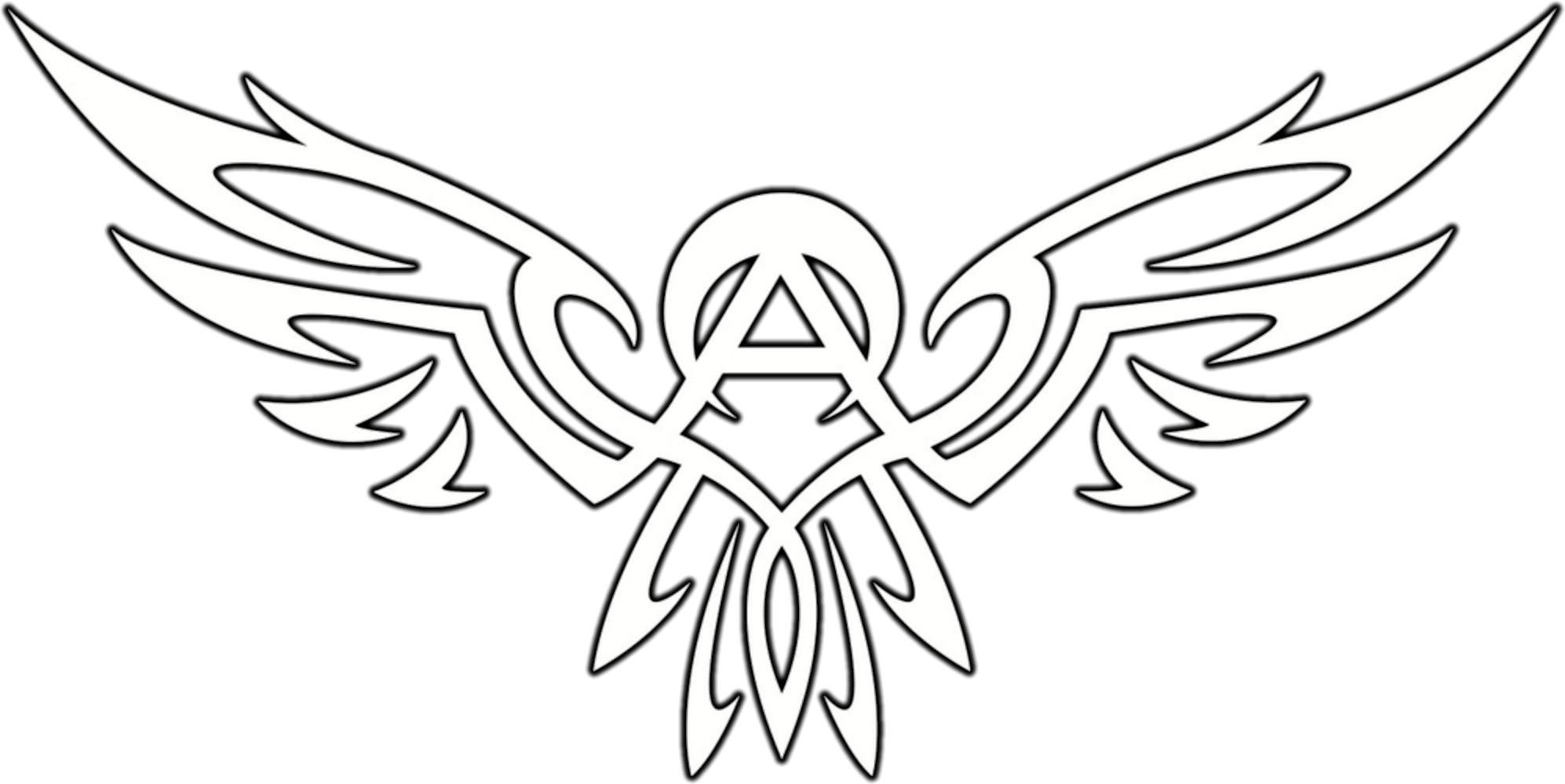People don’t often equate the idea of compassion with something as seemingly destructive as martial arts, but I believe it plays a significant role. We are, after all, dealing with the damage and death of other human beings. There is a reason why Compassion is one of our 7 core principles here at the American Karate Institute of Miami.
Right away I’d like to reverse the idea of compassion from what people normally consider. Usually compassion is seen as a lofty ideal not suitable for real-life self defense. There is no time, as it is argued, to be toying around with someone who wishes you bodily harm.
There is a rather well known martial artist who goes by the name of Shaka Zulu. History buffs will immediately recognize that name from the African leader of antiquity, and indeed the modern Shaka received his “name” from the Zulu tribe. He says this about real life combat:
“He who cannot defend himself owns nothing, not good fortune or even his own life. If you start out from a weak point in an attack, and a weak point means to me: somebody attacks me with a knife, and I say ‘I’m just gonna control them or disarm them’…no man. That’s not my attitude, my attitude is ‘I’m gonna kill you’. And if I see that you can’t handle what I got, I will deescalate. But there is no way I am going to rev myself up from that low point of control to I’m gonna kill you. It’s not gonna happen that way and it’s going to take too long to get there. So I start from the top first – I’m gonna kill you, and if I don’t have to, I won’t.”
Compassion in a confrontation does not mean the initiation of half-hearted, ineffective techniques. It means having the mastery over yourself to preserve the life of your attacker if possible, and controlling yourself to do no more damage than is necessary.
All or Nothing, Revenge & Lessons Learned
When properly trained, and at the peak of their capabilities, martial artists have heavy burdens to bear. They must possess the ability to inflict immediate destruction upon opponents should the situation mandate it, but also be capable of all gradations of violence below that level. They must feel that they are accountable for the protection of their own life, the lives around them, and the lives of the attackers. Therefore, if at any point possible, it is up to them to show compassion and preserve the life of wayward aggressors.
The reason why traditional martial arts are so complex (some say overly complex), is because the old masters desired to have the ability to knockout or control opponents with immediate swiftness that didn’t necessarily force a death dealing blow.
You may be thinking, “Yes that’s nice but in this day-and-age you never know when a situation will appear mild and escalate into a gun or knife attack”. That’s very true, and also why it is critical to practice the mindset Chaka Zulu expresses above, and to hone technique to the point of expertise. An unskilled fighter may have to bludgeon and kill an attacker, when a master could knock him unconscious. The result of the situation is exactly the same for the defender either way, but drastically different for the attacker. The brute fighter may call it ‘just desserts’ for the attacker, but the martial artist seeking life protection would realize he took a life when it wasn’t necessary. If the situation were a military combat confrontation on the field of battle, the decision process might be more black and white. But civilian martial arts are not the same as military engagement.
“The Hands is Connected to ones Heart”
Seiyu Oyata Sensei is the headmaster of Ryu Te, a traditional style of karate that features highly advanced kyusho techniques. Oyata Sensei is painfully capable of inflicting lethal damage, and quick. However, despite his talent for violence, he had this to say about his own art:
“Goshin Jitsu. Your Life, my life, I protect. Life Protection.” Oyata Sensei has a way of saying a lot with a little. Life protection is a pervading mindset in Sensei who still strive for the true meaning of “do”, the way.
The Real World & Compassion
Compassion has no negative effects on real-world self defense. It does not slow down or hinder technique. The mindset of happo zanshin, of utter dominance is still present. You can do what needs to be done, even if that means enacting the ultimate penalty on attackers. However compassion is not only wise from a philisophical standpoint, but a legal one as well.
When a conflict first erupts, the law cannot be swimming through your mind as it will slow you down and make you hesitant. Instinctual technique must kick in through years of hard training. However, if you can, you must assess the intent of the opponent, the likelihood of other attackers, and the amount of force needed to put yourself in a position of safety.
Consider seriously the options of running away, of disengaging and using verbal negotiation, or of striking/grappling/bending your opponent into compliance. No matter what circumstance you are presented with, your mindset is initially the same – deadly serious. But by securing the situation as quickly as possible, you get to decide how things end. And, if you have the stomach for it, you can be compassionate.
CONTACT AMERICAN KARATE INSTITUTE TODAY
At the American Karate Institute, we teach a way of life. Our Miami martial arts school and MMA Classes has developed a well thought out curriculum that teaches more than just the art of self-defense. We delve deep into our students’ techni

